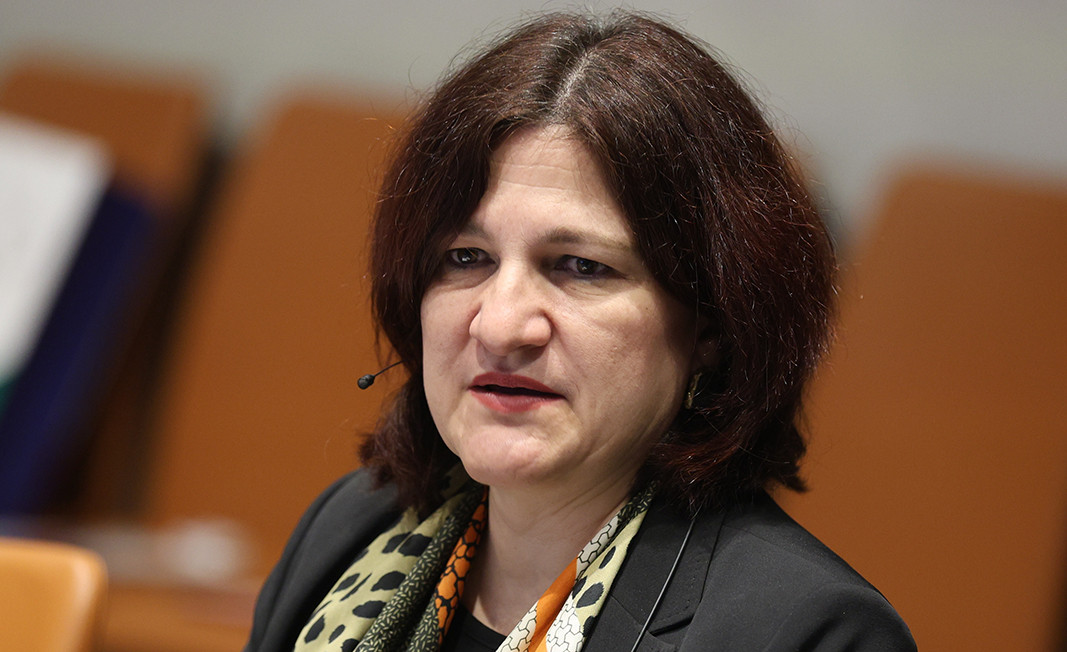One of the biggest changes in the Bulgarian economy following the 2008 world economic crisis is that export-oriented industries have become the motor of economic growth in the country. A large portion of the investments made in this country are precisely in such enterprises, unlike businesses targeted at domestic consumption.
“We are a country with a diminishing, aging population and a small market. That is why investments are scant, and the deficiencies in the rule of law additionally undermines the image of the country,” says economist Evgeni Kanev in an interview with Radio Bulgaria. “The poor investment climate that is prevalent due to the fact there is no rule of law, no incentives for foreign and other investors has shrunk these investors down to a minimum. However, this trend is now turning because the geopolitical environment is changed.”
Invest Bulgaria Agency data corroborate the fact there is a positive change. The agency’s executive director Mila Nenova says that investments amounting to EUR 3 billion 100 million have been made during the January-September 2023 period, which is 50% up on the same period of the previous year, and the sum is expected to go up further once the report covering the whole year is made:
“The investments are in different sectors, but mostly in production, processing, the automotive industry, there are serious investments in the energy industry. But growth is probably highest in the automotive industry, which currently accounts for almost 10% of the country’s total GDP.”
Almost 80% of the electric cars manufactured in Europe use parts made in Bulgaria. Even though so many components for the automotive industry are produced in Bulgaria, attracting a company that will assemble cars in this country is still something the government is working on.
The country’s geopolitical location, the low debt level and the growing Gross Domestic Product, the stability and innovations we offer is what attracts foreign investors: 
“Bulgaria is no longer the country of cheap labour. It is highly competitive compared to the other European countries. We now have highly qualified staff, and it is our vision to attract export-oriented high-tech companies because we can offer them competitive conditions.”
Mila Nenova draws attention to a detail from the preconditions for investments that may, at first glance, seem secondary, but which, as it turns out is something foreigners appreciate very much:
“It matters to them very much that Bulgaria is a safe and secure country. They often come here with their families, and they want a good education for their children, healthcare and services that meet a certain standard.”
The widespread assumption that foreign investors export a large share of their profits abroad is erroneous, says Mila Nenova and adds:
“Many of the companies, even those working with foreign capital, cannot afford to export their entire profits abroad. Modern technologies call for constant investments in a renewal of the capacities, so the overwhelming share of companies make serious investments in the country over long periods, and that means a sense of security and the development of the regions.”
The problem with staff recruitment and the demographic crisis the country is in are factors which the IBA is familiar with, but says there exist some good practices which have the potential of keeping young people from emigrating:
“For young people to decide to remain in the country, their choice must be based on reliable information. If they are not sufficiently aware of the alternatives they are offered here, they will be unable to make the decision that is right. In Bulgaria, there are industries, enterprises that are exceptional and look like a laboratory, and the pay there is very good. Bulgaria is no longer a byword for toll manufacturing, with all due respect for this industry. High-tech enterprises with high added value are very successful. Things like nanosatellites, commercial drones and gyroplanes are all manufactured here, but young people are not aware of the fact they can find an interesting career in industry here.” 
A Bulgarian Industrial Association survey on the business climate in the country in 2023 shows that 62% of managers say state regulations are excessive, 61% of the enterprises complain of frequent changes in the regulatory framework, and 59% say corruption is the main obstacle to investments and the development of businesses. Mila Nenova believes these data are probably based on a subjective perception on the part of businesses:
“Private businesses always have high expectations of administrative effectiveness, and they are right to be demanding, but the state institutions work by their own rules, and that is as it should be so as to guarantee that public funds will be spent in the best way possible,” Invest Bulgaria Agency Executive Director Mila Nenova says. “Sometimes it is true that some procedures take more time, which, of course leaves room for improvement in the work of the administration.”
Translated and posted by Milena Daynova
Photos courtesy of Mila Nenova, BTA, BGNES
The average price of apartments sold in Sofia in the third quarter of 2025 reached €2,310 per square metre , marking an annual increase of 25.5%, according to data from Bulgarian Properties. While new developments remain popular, limited supply and..
Natural gas prices in Bulgaria are set to fall by just over 4% in December , significantly higher than the previously forecast 1% drop, according to calculations by state-owned supplier Bulgargaz, reported BNR correspondent Yuliyana Kornazheva. This..
The Executive Board of the International Monetary Fund (IMF) has concluded the 2025 Article IV Consultation with Bulgaria. According to the IMF’s procedure for assessments and recommendations, domestic demand is driving a robust expansion of the..

+359 2 9336 661
